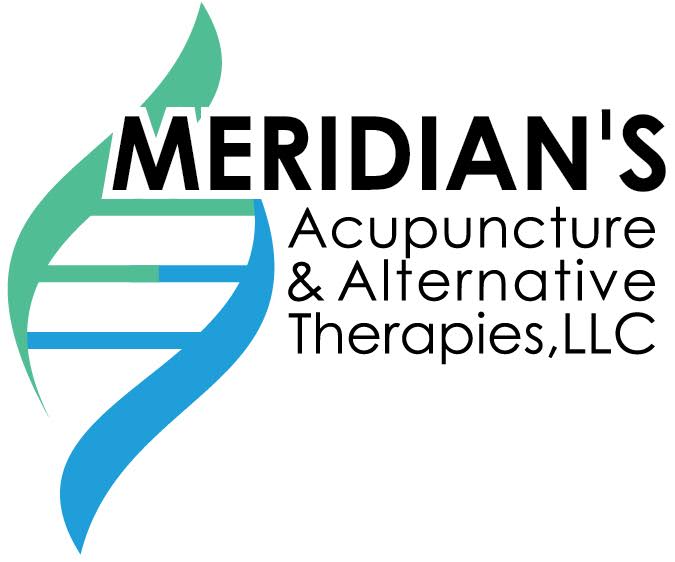What is acupuncture?
Acupuncture is the ancient medical art of placing needles in specific points in the body to move qi, or vital energy. Acupuncture is one of the key components of Chinese medicine. This philosophy of medicine is based on the idea that qi flows along energetic pathways or meridians in the body. If the flow of qi along these meridians is blocked or imbalanced, illness can occur.
Acupuncture is a holistic, preventative science. Unlike Western medicine, which treats the body and mind separately and focuses on alleviating isolated symptoms of disease, acupuncture views the body as a system and treats that system as a whole, addressing the cause of the disease. Acupuncture seeks to restore the natural flow of qi and promote the body’s ability to heal itself.
How does it work?
Qi can become imbalanced by external forces such as wind, cold, or heat; internal forces such as emotions of joy, anger, worry, grief, or fear; and lifestyle factors such as poor diet, too little sleep, or too much alcohol. Over time, the imbalanced qi begins to affect us physically, emotionally, and spiritually. This is the root of disease. Symptoms are messages from the body, indicating that something is out of balance. Acupuncture helps to redirect our qi back to its natural course, and in doing so, reconnects us with our body’s innate ability to heal.
There are 12 main meridians and eight secondary meridians, and more than 2,000 acupuncture points on the human body that connect with these meridians. By inserting extremely fine needles into these points in various combinations, acupuncturists rebalance the energy flow, allowing the body’s natural healing mechanisms to take over.
What can I expect in a treatment?
In addition to taking a health history, a classical acupuncturist will check your pulses and your tongue, and ask questions about your general energetic constitution and how you are feeling on that particular day. Classical acupuncturists tailor each treatment to that specific patient at that exact point in time.
The treatments stimulate the vital force and help the body reharmonize itself to achieve balance that will optimize health, prevent illness, treat disease, and alleviate symptoms.
For more information on what to expect from your treatments, see the "What to Expect" section.
What should I look for in an acupuncturist?
In the United States, acupuncture services are offered by two types of medical professionals. About 3,000 medical doctors use acupuncture as part of their clinical practice. Most states require that these doctors have 200 to 300 hours of acupuncture training in addition to their medical training. About 11,000 certified acupuncturists who aren’t medical doctors practice acupuncture in the United States. To be fully certified, these professionals complete between 2,000 and 3,000 hours of training in one of several independently accredited master’s degree programs. They also must successfully complete board exams conducted by a national acupuncture accreditation agency, the National Certification Commission for Acupuncture and Oriental Medicine (NCCAOM), which provides an online referral list.
The state of Alabama does not regulate the practice of acupuncture. Some practitioners choose to use the title ‘acupuncturist’ or offer acupuncture treatments with little or no education or training. It is important to find out where your acupuncturist studied, how many hours of training they completed and whether they are certified.


